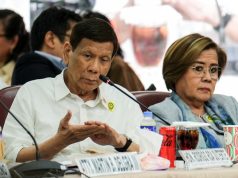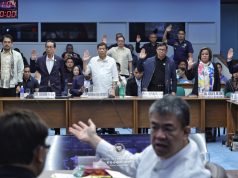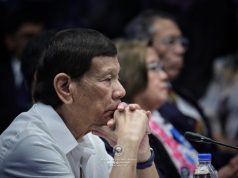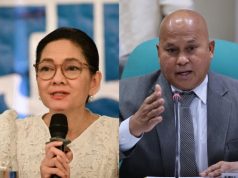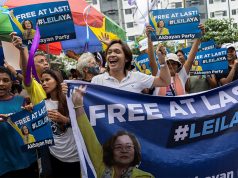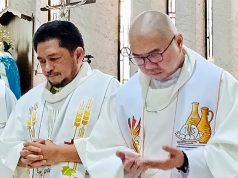This video tells the story of the 50 or so children in Bagong Silang who have lost loved ones to the drug war. To protect their identities, we did not reveal their names nor show their faces. Many of them are eyewitnesses to the killings. In the beginning, the children were reluctant to talk, but after storytelling and drawing sessions, they eventually opened up.
Click and watch it here:
Like children everywhere, those in Bagong Silang, Caloocan City dream about their future. One wants to be a doctor. Another, a teacher. We spent several days with these children, watching them dance to music, play games and make drawings of themselves and their families. We followed them with our camera and listened to their stories.
Bagong Silang is a sprawling slum, more than 500 hectares of tightly packed shanties in northern Caloocan City, near Bulacan province. During the Marcos era, thousands of poor people were relocated here from congested communities in Metro Manila. Today some 250,000 live in what is the country’s largest barangay.
Bagong Silang means “newborn” or “new hope,” although that remains an aspiration: Because of the community’s sheer size, government services are spread thinly here.
Beginning in July 2016, Bagong Silang also became one of the hotspots of the war on drugs. Masked men riding on motorcycles have gunned down many suspected drug users and dealers in the community.
A 12-year-old girl told us her mother and father were shot while she watched. She recalled shouting curses at the assailants. One of them, she said, put a gun to her head. Months later, she still has nightmares.
The children want justice for their slain kin. They want to see the killers punished. They continue to be haunted by what they saw. Some are angry – one of the children wanted to kill the assailants herself. All of them are still grieving.
The Department of Social Welfare and Development estimates that some 18,000 children may have lost their relatives to the war on drugs. But there are no government-funded trauma support programs for these children.
Shallah Montero, a young filmmaker who has covered the drug war, shot this video and Sol Juvida, a veteran journalist, wrote the script. This film was supported by The PCIJ Story Project, which provides funding for collaborations between journalists and artists who work together to produce innovative stories. Follow them on Twitter at @StoryProjectPH




